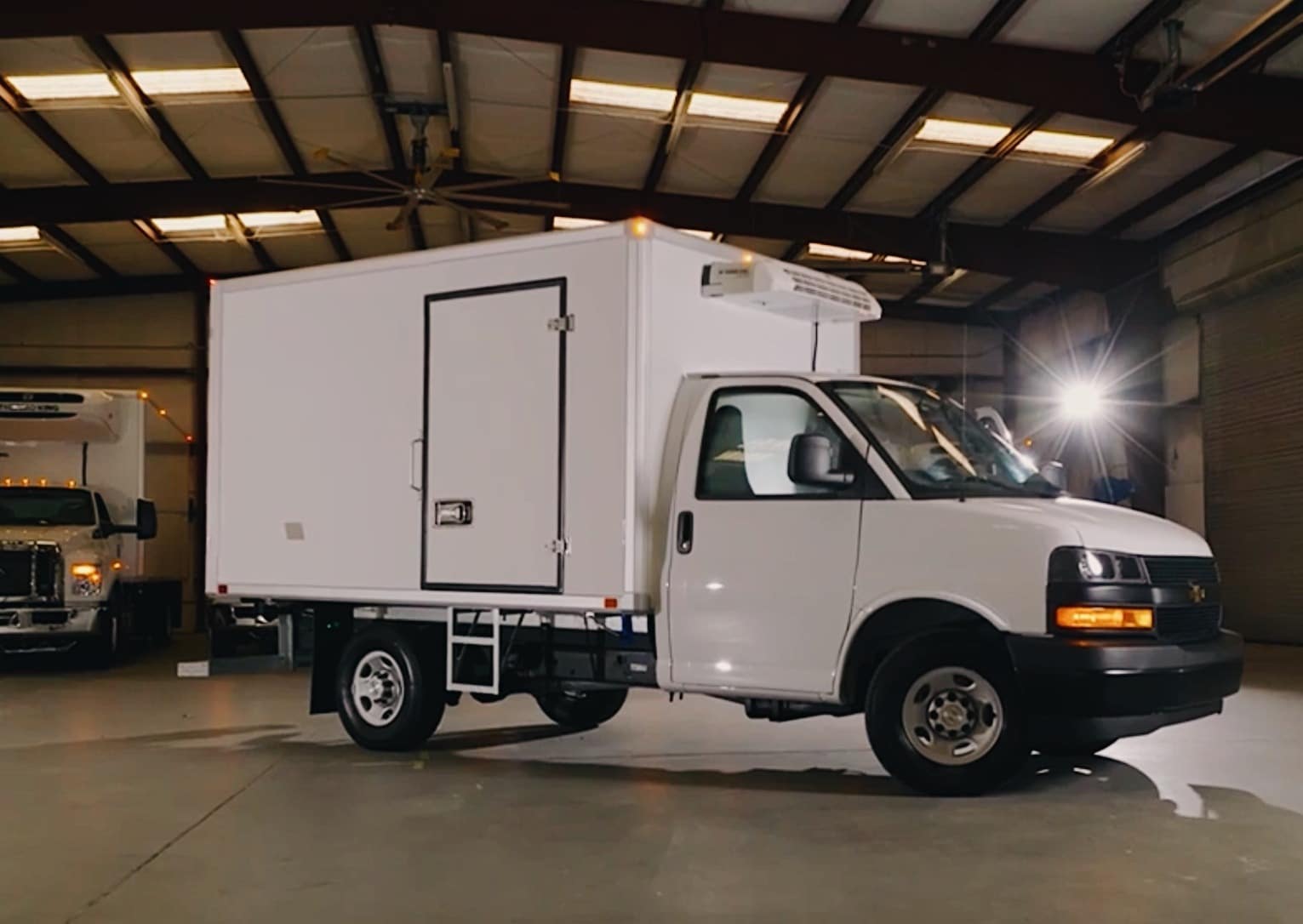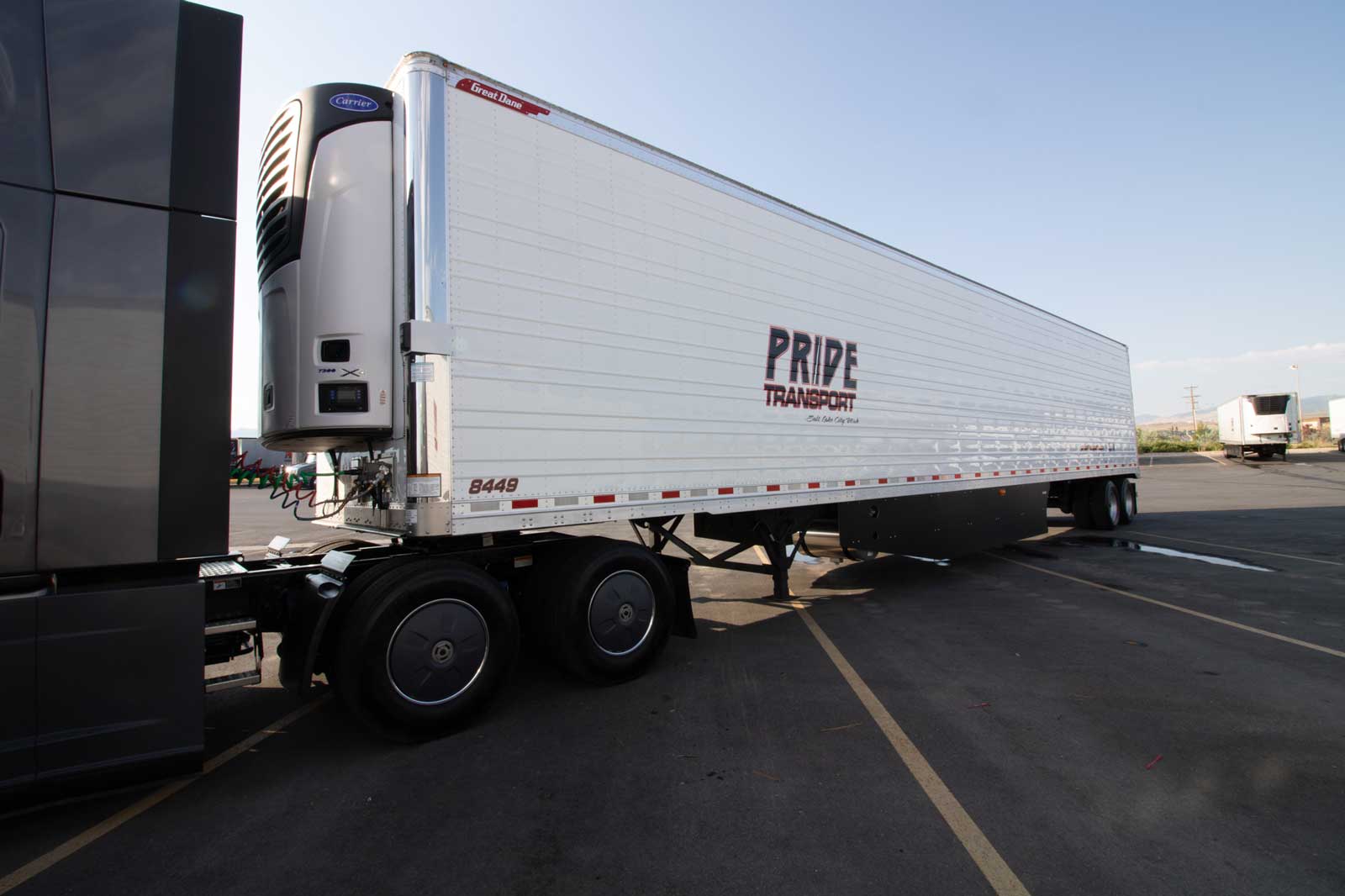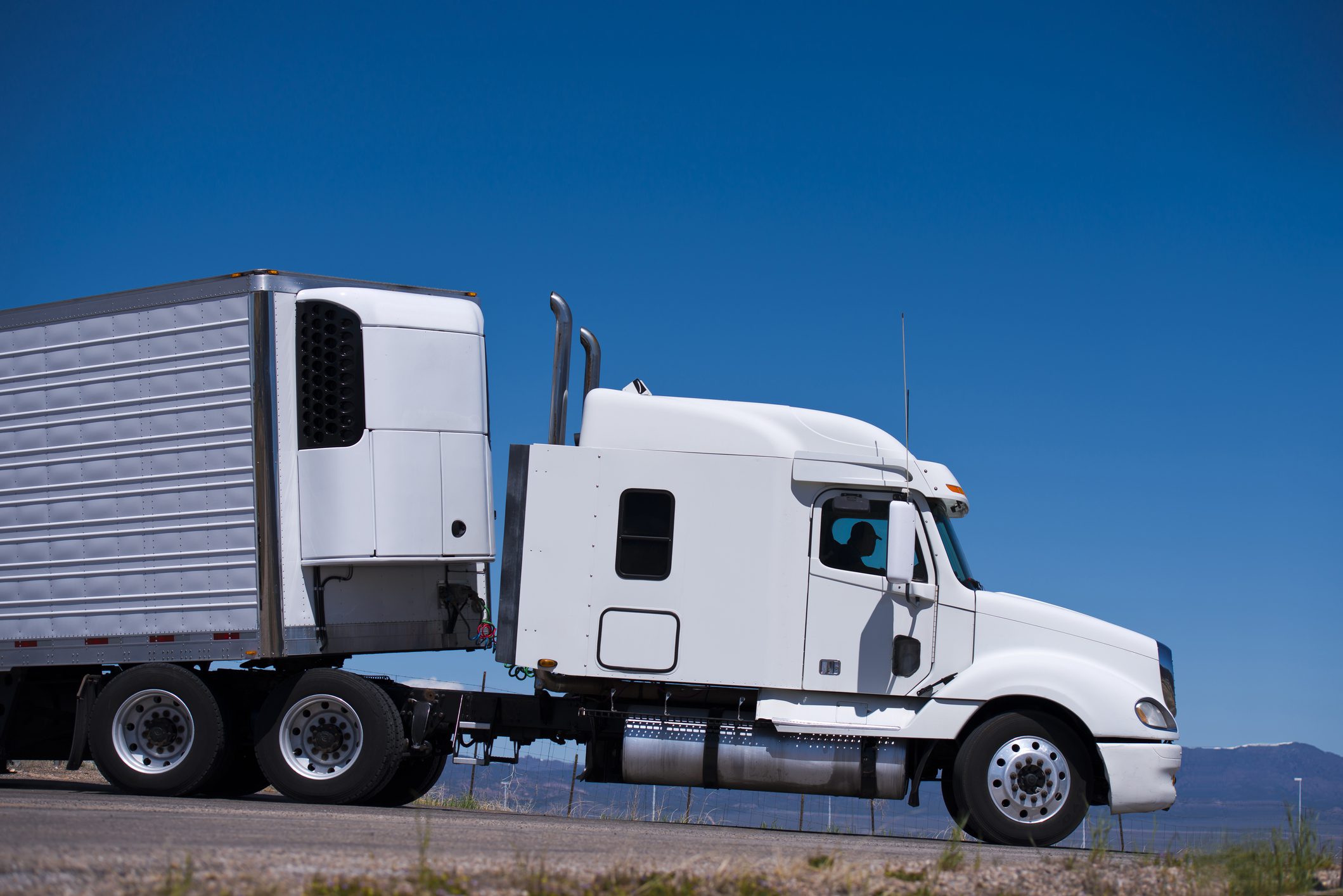Leading Technologies in Transportation Refrigeration: Enhancing Efficiency and Safety
The landscape of transportation refrigeration is going through substantial transformation, driven by developments intended at boosting both efficiency and security. Key developments such as wise temperature level monitoring systems, green cooling agents, and automated route optimization are essential in attending to the market's difficulties. These modern technologies not only guarantee the honesty of temperature-sensitive goods however also add to sustainability efforts. As these advancements remain to develop, it is necessary to discover their ramifications on operational methods and regulatory conformity, motivating a better exam of exactly how they improve the future of transport refrigeration.
Smart Temperature Level Monitoring Solutions
In the world of transport refrigeration, smart temperature tracking systems have become a crucial advancement for ensuring the integrity of temperature-sensitive goods. These sophisticated systems leverage Internet of Points (IoT) technology to supply real-time information on temperature level variations, allowing operators to maintain optimal conditions throughout the supply chain. By constantly tracking the temperature level of cooled containers and automobiles, business can quickly recognize inconsistencies that might jeopardize product high quality.

Additionally, wise monitoring systems commonly include automated notifies and notices, enabling stakeholders to respond without delay to any type of possible concerns. This positive method not only reduces the danger of perishing but likewise improves conformity with regulatory criteria regulating food security and pharmaceutical transport.
The integration of data analytics within these systems also assists in predictive upkeep, assisting operators to predict prospective tools failings prior to they occur. This capacity reduces downtime and maximizes functional effectiveness, eventually resulting in set you back financial savings.
Eco-Friendly Refrigerants
Smart temperature level tracking systems play a crucial role in keeping item quality, however the performance of transport refrigeration likewise hinges on the selection of refrigerants made use of. In comparison, emerging alternatives like hydrocarbon-based refrigerants and hydrofluoroolefins (HFOs) present lower GWP options, providing both efficiency and sustainability.
These environmentally friendly refrigerants not just decrease environmental effect yet additionally straighten with worldwide policies intended at terminating hazardous materials. Their fostering can result in improved power efficiency, ultimately minimizing operating prices for transport refrigeration systems. In addition, using all-natural cooling agents, such as ammonia and co2, has actually obtained grip because of their superb thermodynamic properties and lower environmental footprint.
Buying green refrigerants is not merely a regulatory compliance action; it stands for a strategic choice that enhances brand track record and fosters client commitment. thermo king truck refrigeration. By focusing on sustainable practices, business can add to a greener future while ensuring the stability of transferred products
Advanced Insulation Materials
Using innovative insulation products is important for maximizing transport refrigeration systems, as they dramatically improve power effectiveness and preserve regular temperature level control. Traditional insulation methods usually drop brief in stopping thermal transfer, resulting in enhanced power intake and varying temperature levels within refrigerated areas.
Emerging products such as vacuum cleaner insulated panels (VIPs) and aerogels offer remarkable thermal resistance, permitting thinner profiles without compromising performance. VIPs, as an example, utilize a vacuum cleaner layer to reduce conductive and convective heat transfer, making them perfect for space-constrained applications. Aerogels, understood for their lightweight and permeable framework, supply remarkable insulation while substantially lowering total system weight.
Moreover, integrating stage adjustment products (PCMs) right into insulation systems can even more stabilize temperature levels throughout transportation. These products absorb and release thermal energy, properly buffering versus outside temperature variants.
The assimilation of these sophisticated insulation products not just lowers the operational expenses related to power usage yet likewise expands the life span of temperature-sensitive items. As the transportation refrigeration sector remains to develop, the adoption of cutting-edge insulation modern technologies will be pivotal in improving both performance and security in cooled transport.
Automated Course Optimization
The efficiency of transportation refrigeration systems is substantially enhanced with automated path optimization, which leverages real-time information and sophisticated formulas to identify the most efficient paths for distribution. By analyzing different elements such as website traffic patterns, climate condition, and distribution windows, these systems can substantially decrease travel time and fuel consumption.
Automated path optimization reduces human mistake and subjective decision-making, which can cause ineffectiveness. This innovation enables fleet supervisors to allot sources better, making sure that refrigerated items keep their required temperature level throughout the trip. By maximizing routes, companies can additionally enhance client satisfaction via timely deliveries.
In addition, automated systems can adjust to unexpected circumstances, such as road closures or abrupt web traffic spikes, enabling for dynamic rerouting. This versatility not only secures the integrity of temperature-sensitive items yet additionally adds to general operational performance.
Executing automated route optimization can result in substantial cost savings while reducing the carbon footprint linked with transportation. As companies increasingly prioritize sustainability, this innovation sticks out as a vital element in modern-day transport refrigeration, lining up operational goals with ecological duty. Inevitably, automated path optimization represents a significant innovation in the pursuit for performance and safety in transportation refrigeration.

Real-Time Information Analytics
Automated course optimization significantly benefits from the combination of real-time information analytics, which gives vital understandings into the performance of transportation refrigeration systems. By using real-time information, transportation operators can keep an eye on temperature fluctuations and devices efficiency, guaranteeing that subject to spoiling products are maintained within thermo king transport refrigeration required parameters throughout transit. This positive approach not just boosts the quality of the delivered products yet additionally reduces the risk of spoilage and loss.

In enhancement to boosting performance, real-time analytics enhances security by guaranteeing conformity with regulative standards for temperature level control. This not just safeguards public health and wellness but additionally fortifies a business's online reputation - thermo king truck refrigeration units. As the transportation refrigeration market evolves, the assimilation of real-time information analytics becomes a foundation for driving innovation, sustainability, and functional quality
Final Thought
In final thought, the improvements in transport refrigeration dramatically enhance both performance and security within the sector. Collectively, these developments represent a vital evolution in transportation refrigeration, making certain conformity with governing criteria and promoting a greener future.
The landscape of transportation refrigeration is undergoing considerable makeover, driven by advancements intended at improving both efficiency and safety.Smart temperature level tracking systems play an important duty in maintaining item quality, but the effectiveness of transportation refrigeration also pivots on the selection of cooling agents used. Their fostering can lead to improved power performance, ultimately minimizing operating expenses for transport refrigeration systems. Eventually, automated route optimization stands for a significant development in the mission for efficiency and safety in transport refrigeration.
In final thought, the advancements in transportation refrigeration considerably enhance both effectiveness and safety and security within the industry.